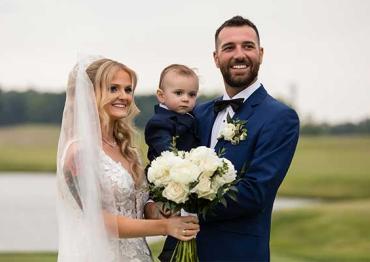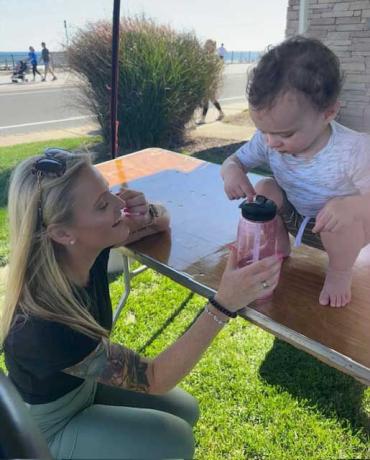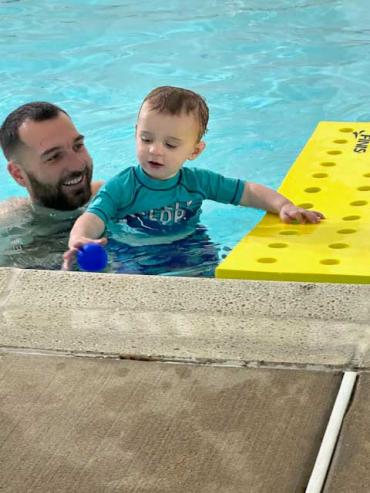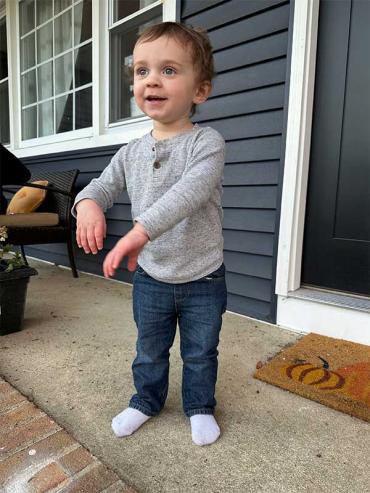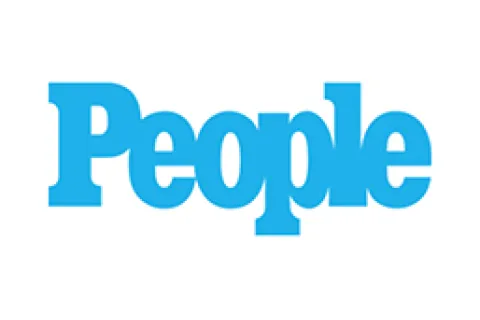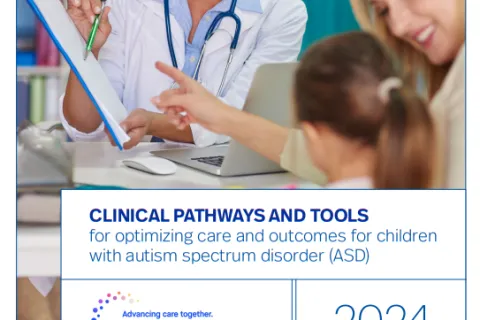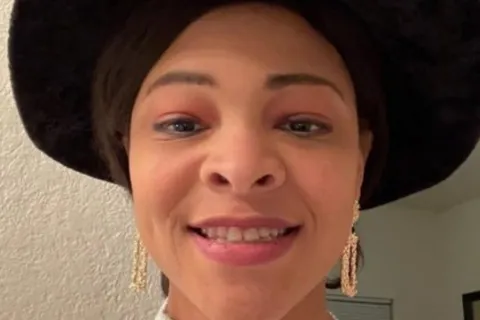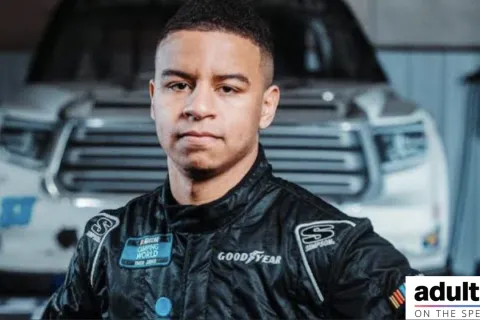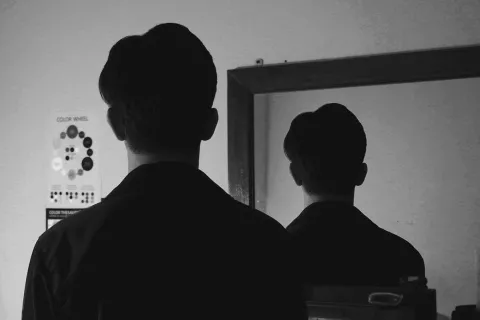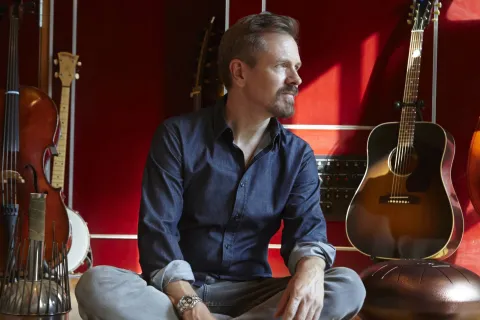Meet Jack M.
Jack M., 2
Autism is unpredictable, and I feel whatever course of treatment or route your journey takes you on, it is much easier to do as a unit. For those who don't have a supportive village to rely on, Autism Speaks and support groups can be that.
When their son, Jack, was diagnosed with autism at 18 months, Alison and her husband, Ryan, knew they not only needed to rely on one another for moral support, but they would need a trusted source of information and a welcoming community to lean during this journey into unchartered territory.
Because Jack, 2, is non-verbal and was diagnosed with level 3 autism, the first-time parents knew they had to act quickly to ensure their son would have access to vital intervention services and an overflowing database of resources spanning diagnosis through adulthood. That’s why one of the first calls they made was to Autism Speaks’ Autism Response Team.
“Autism Speaks was the first resource we were given by Jack's neurologist as a kind of crash course into the world we were about to dive into. They made a very layered diagnosis a lot more understandable. We immediately signed up for the next Walk in our area so we could expand our network, meet other families and get as much information as possible. We don’t have any immediate family or friends who have autism in their lives, so the more connections we could make, we knew it would be beneficial to not only Jack, but to us as parents.”
Alison says Jack, is a super happy boy who has always marched to the beat of his own drum and uses happy flapping hands and big belly laughs to express himself. It was that lack of speech and his propensity to be on his own rather than playing with others that made his parents initially seek out a diagnosis.
“I’ll never forget the first time he took my hand to lead me somewhere he wanted me to go because most of the time he prefers to play alone. It was difficult to adapt to at first, but we accept and respect his boundaries. We don’t give hugs or kisses unless he wants them, and we let him have his space when he needs it.”
Today, Jack attends speech and occupational therapies and will soon be starting applied behavior analysis (ABA), which gives the family hope that they will hear their little boy’s voice one day.
“If verbal speech isn’t in our future, we accept that. Whatever milestones we pass, whenever we pass them, we will celebrate them.”
If you have a child who was recently diagnosed or are considering seeking a diagnosis for someone you love, Autism Speaks has got you covered. Here are some helpful resources and child-specific toolkits that will help guide you through the process and will make the road ahead much more manageable:
Read more about Jack’s autism journey through this Q&A with his mom:
In your experience, how important are early intervention services?
Very important! When we first got Jack evaluated, he was very young (around 16 months). Some people told me it was too soon or that I should wait to see if he caught up to his peers and the delays disappeared. Call it a mother's intuition or just a gut feeling, but I felt that there was more going on, and I wanted him to get into interventional therapies as soon as possible while he was still so young and impressionable. I also knew therapists and those skilled in the areas where he needed help would be able to work on things that I couldn't with him and I did not want to delay him any further, so we jumped right in.
Please describe some of the therapies and services Jack receives. How have those services positively impacted his life?
He currently gets speech therapy, occupational therapy and ABA. He will be starting physical therapy as well for some increased mobility in his hips and to address a lot of the toe walking. Because he is at his sensory gym about 5-6 hours a day, three times a week, I have noticed his socialization and eye contact have DRAMATICALLY improved at home. I think a lot of that has to do with the fact that he is with several other children that are like him, and because he is the youngest at his gym, he is watching the older kids and learning how to communicate and interact with his surroundings and with us at home.
Each service that Jack receives at this facility required separate evaluation and was followed by a recommendation of how many hours they suggested. Then we had to go to our insurance company to see how much they would cover. We have a good plan through my job, so behavioral health and these services are fully covered. Jack was recommended for 25 hours per week for ABA, due to his evaluations indicating he needed intervention in all the major categories. But I wanted to start him off light and work our way up.
Why is it important for families of newly diagnosed children to have a sense of community and a sense of understanding from others with similar experiences?
Parenthood itself is wonderful, but oftentimes I think it can be an alienating experience. Your whole world is about this tiny human(s), and life before parenthood seems like a distant memory. Add on a diagnosis of autism or any disability, and you really can feel alone. Even if you don't take all the advice that you see online, even if you don't connect with a support group right away, knowing they are out there is really comforting.
How did you and your partner process Jack’s autism diagnosis as a couple? What were some of the biggest hurdles at that time?
Ryan is very accepting and a very positive person. You meet him and instantly you feel lighter. He was what kept me grounded, because I was at the appointment when we got the diagnosis, and when I called and told him, my heaviness lifted. He helped me start making calls that day and setting up evaluations for therapy and appointments and doing whatever the neurologist told us to do. Before I started feeling sorry for Jack or going to a sad place in my head, his light attitude and reaction pulled me back, and we were able to move through the next several weeks as a family and start getting Jack the help he needed.
What advice would you give to other parents who have a child/children on the spectrum?
As with most things in life, it is you two versus the problem, not you two versus each other. We were married in 2021 and had Jack in 2022, so we are learning everything on the fly. We stay on the same page when it comes to Jack and his treatment because without that united front, a complicated diagnosis like this can really put a strain on our relationship. We have talked about the possibility of Jack needing to be with us forever, or as Ryan calls it, "having a permanent best friend in our home." My advice is if you have a concern, a worry or a difference of opinion, talk about it. Autism is unpredictable and I feel whatever course of treatment or route your journey takes you on, it is much easier to do as a unit. For those who don't have a supportive village to rely on, Autism Speaks and support groups can be that.
What are your hopes for Jack’s future?
Happiness. I have let go of all of my expectations of what I imagined for my child prior to having him. What matters is that my child is happy. Not that he can talk. Not that he is on the honor roll. Not that he can get married or have kids of his own. Not that he can land a good job. Not that he can live independently. Just happiness. With all the uncertainty and questions about what our lives will look like in 5, 10 or 20 years from now, I know for a fact we have a happy child right now and I hope for that to continue as he gets older.

